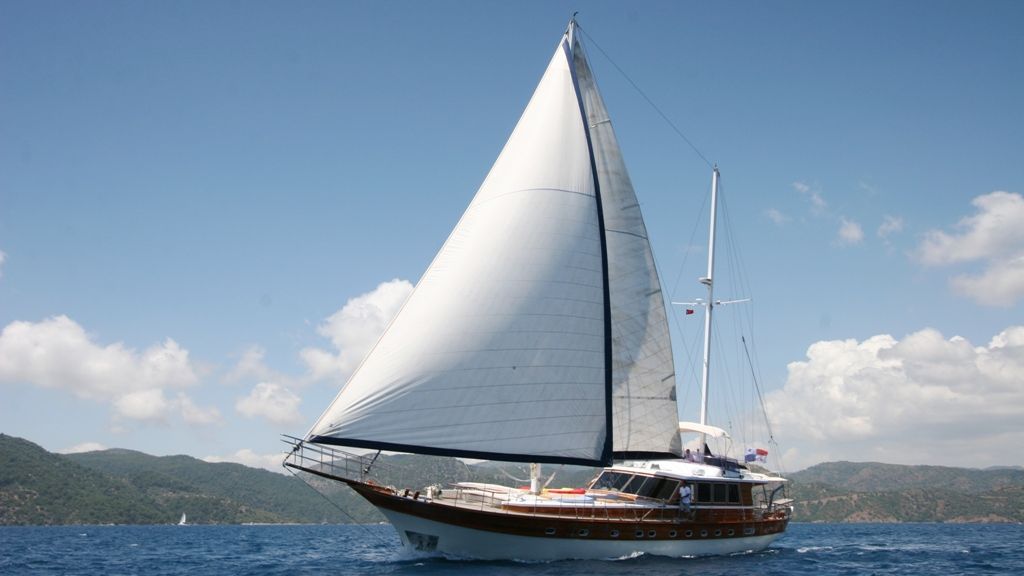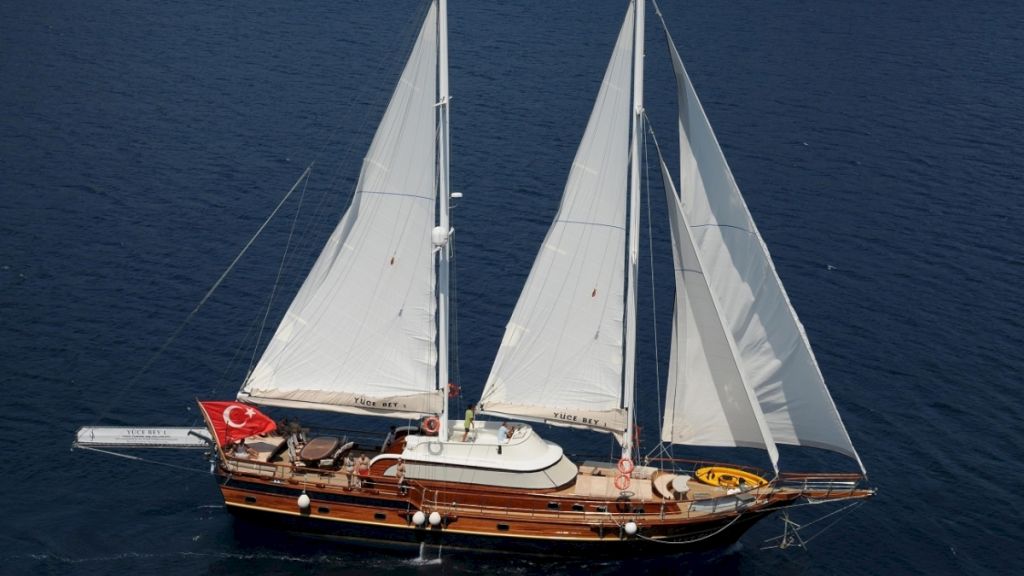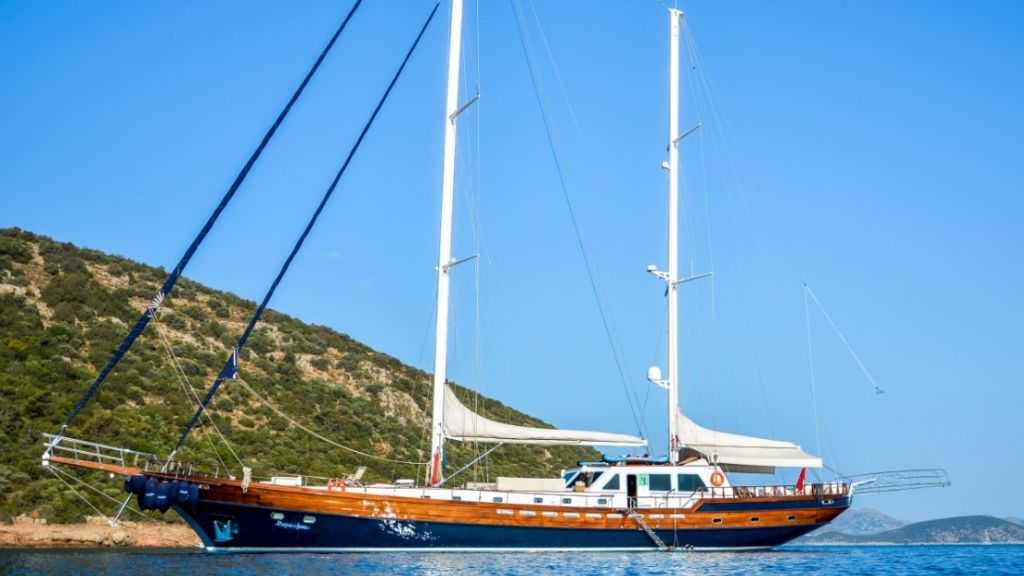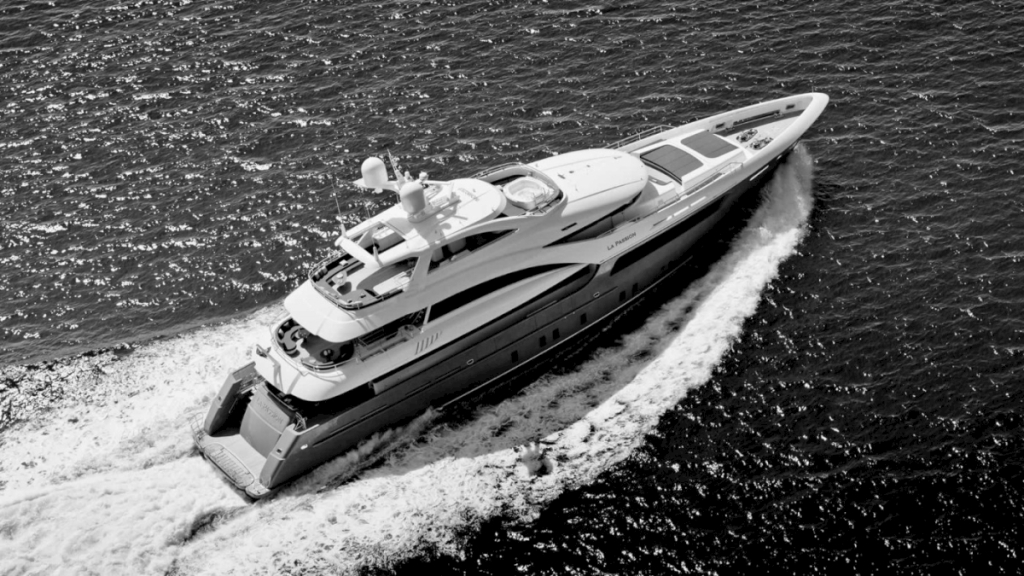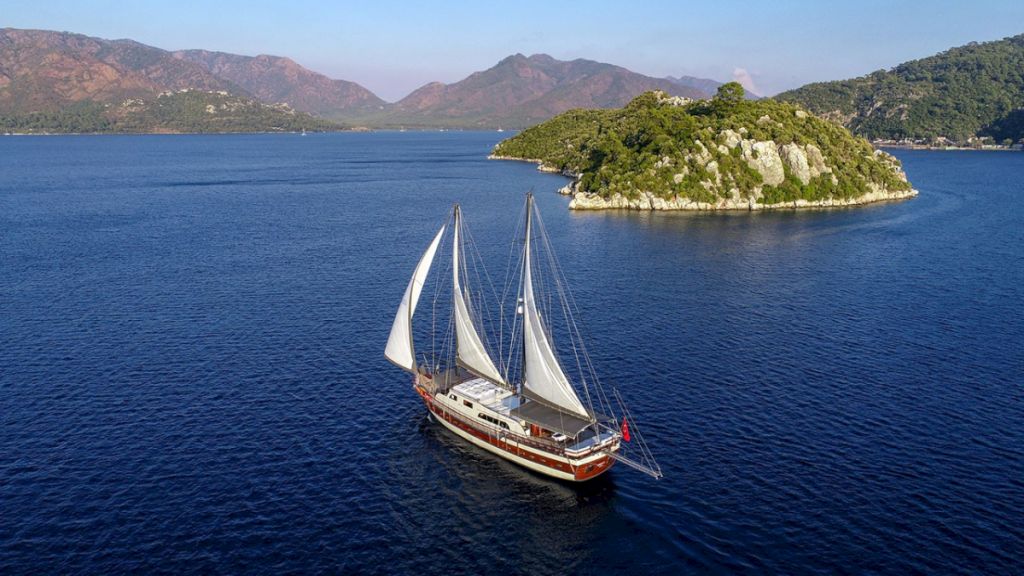- Home
- Destinations
- Turkey
- Ephesus
Ephesus
Ephesus
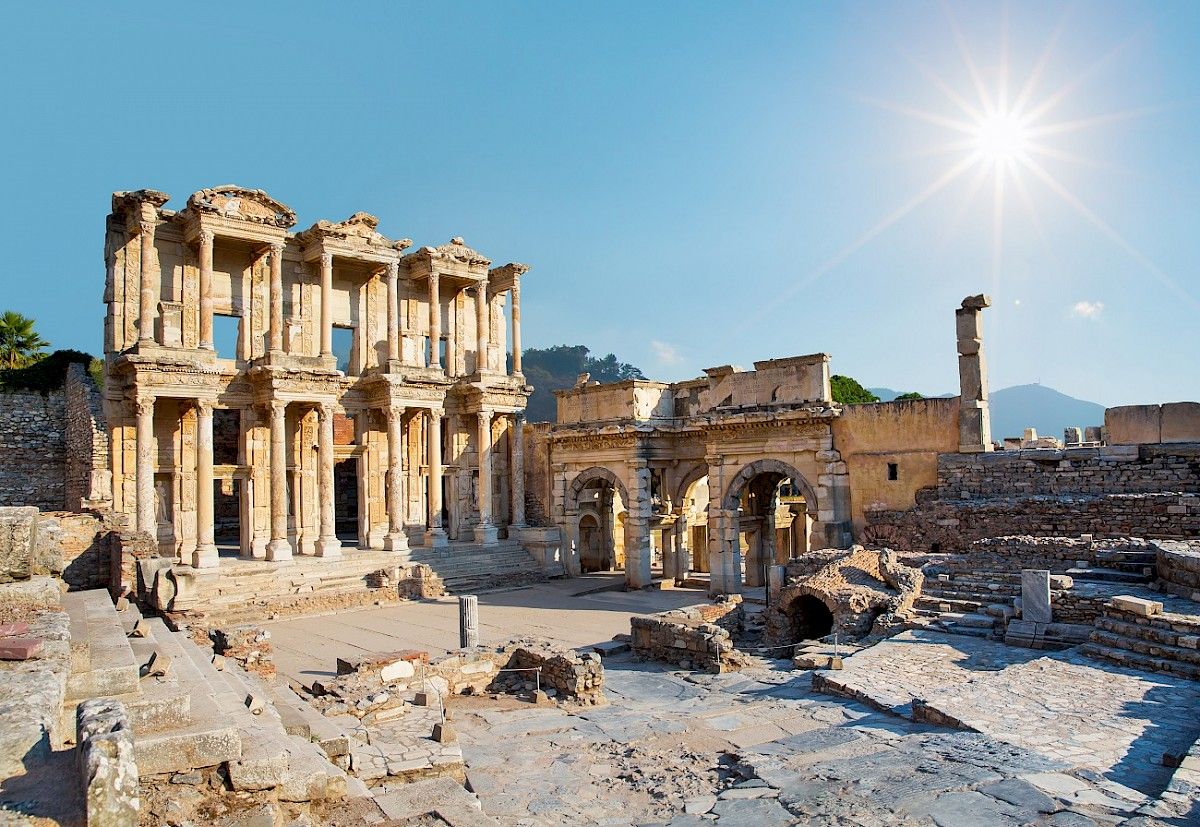
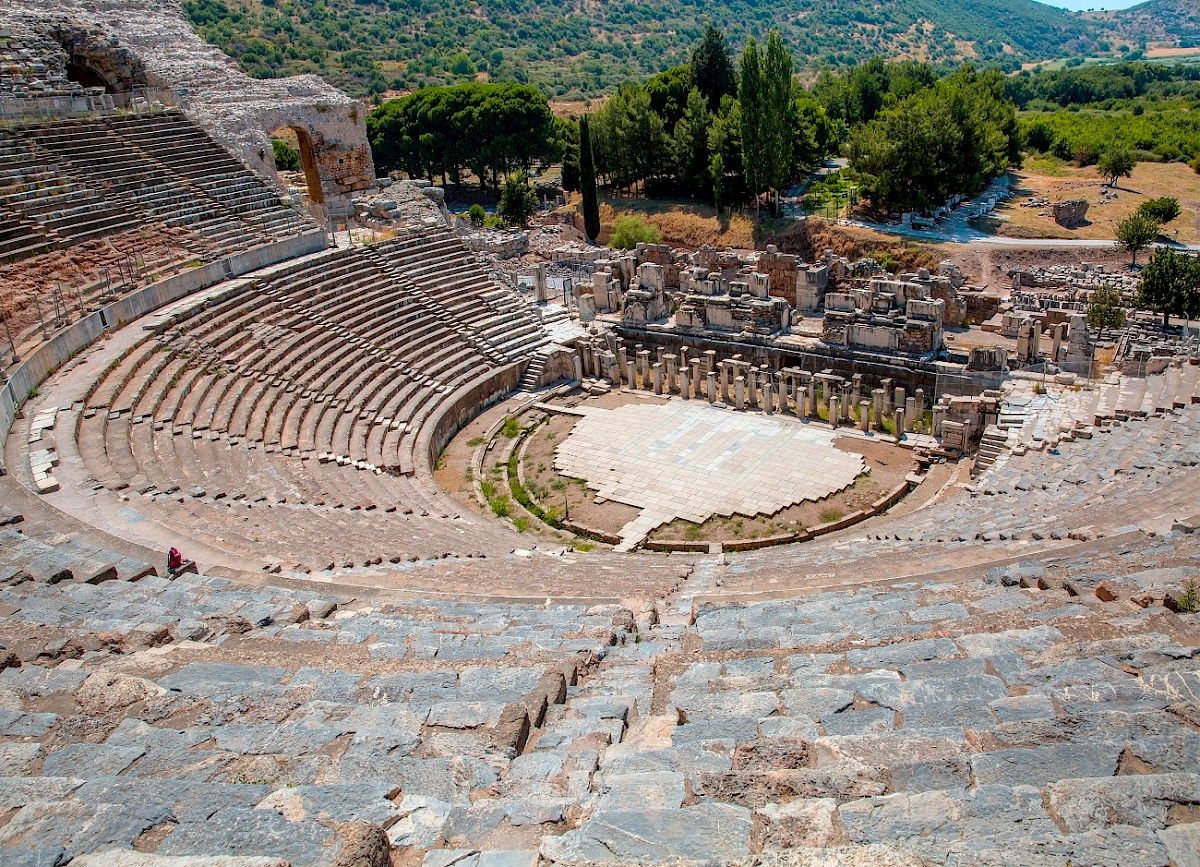
Allow plenty of time and prepare to be impressed by Ephesus, the most magnificent Classical city in the Mediterranean.
Known to have existed at least as far back as 1000 B.C. , Ephesus was always a major port and a celebrated place of worship of the mother-goddess, whose identity – Cybele, Artemis – changed according to the government of the day. What remains, apart from fragments of Hellenistic fortifications, dates from days of Imperial Rome when the city was the capital of Asia Minor, and as such, the region’s centre for trade and banking. Ephesus was also admired for its great religious tolerance and freedom.
Walking through the marble-paved, colonnaded streets, one can very easily imagine, from the sheer scale of the place, a city with a quarter of a million inhabitants. Then, as now, Ephesus attracted a huge number of visitors from all over the world.

The population enjoyed advanced urban features, including mains sewer, hot and cold running water, and even, along the Arcadian Way, street lighting. Their physical needs were catered for by gymnasia, public baths, and brothels. For intellectual and spiritual pursuits there were the famous Celsus Library and magnificent temples, while for public spectacle there were two theatres and a gladiatorial stadium.
The Great Theatre, carved into the hillside of Mount Pion, had seats for 25,000 and its ingenious design ensured them all a view of the stage. Its acoustics are superb and it is still used for concerts today, particularly during the annual Izmir Festival.
After Ephesus, it is well worth a visit to the museum in Selcuk which has excellent displays of the site’s artefacts and sculptures, including the bronze Eros on a dolphin, the marble many-breasted Artemis, and Priapus balancing a tray on his best-known feature!
Yacht Charter & Travel Request Information
Our charter broker team is available for your 24/7. For any question, please contact us and Contact Yachts specialist will be in touch with you immediately.
Recommended yachts to visit Ephesus
Here’s a list of charter yachts available for rent in this yachting destination. Contact Yachts brokers will send you a yacht selection based on your preferences. Please, get in touch with our team via email [email protected] or via WhastApp/Telegram +33 6 01 49 74 57.
MAIN MENU
YACHT HIRE
SAILING DESTINATIONS
CONTACT DETAILS
[email protected]
T. +90 252 413 63 13
Whatsapp +90 538 206 95 17
CONTACT YACHTS is a luxury yacht charter company that operates worldwide. Our team of professional charter brokers will assist you in renting, buying, selling or building a new yacht. We also have a concierge team to assist our clients with any VIP request related to a yachting & travel experience.
MEMBER OF YACHTING & TRAVEL ORGANIZATIONS
SUPPORTED CREDIT CARDS
Disclaimer: Information displayed is not contractual. Contact Yachts offers details of this vessel in good faith but does not warrant, guarantee or assume any legalibility or responsibility for the accuracy, completeness or usefulness of this information or warrant the condition of the vessel. All information is subject to change without notice. Currency conversions for comparisons purposes only, based on currency exchange rate. All particulars are believed to be correct, but cannot be guaranteed.
